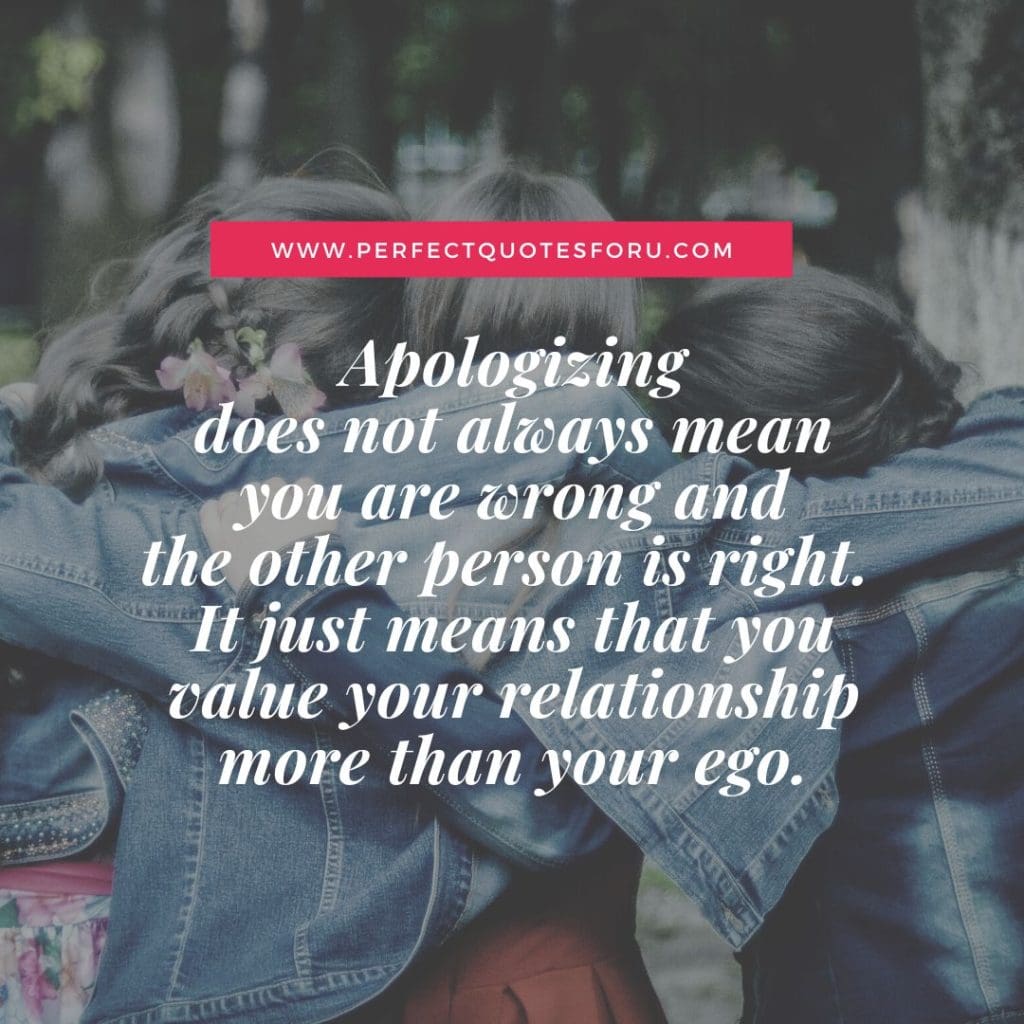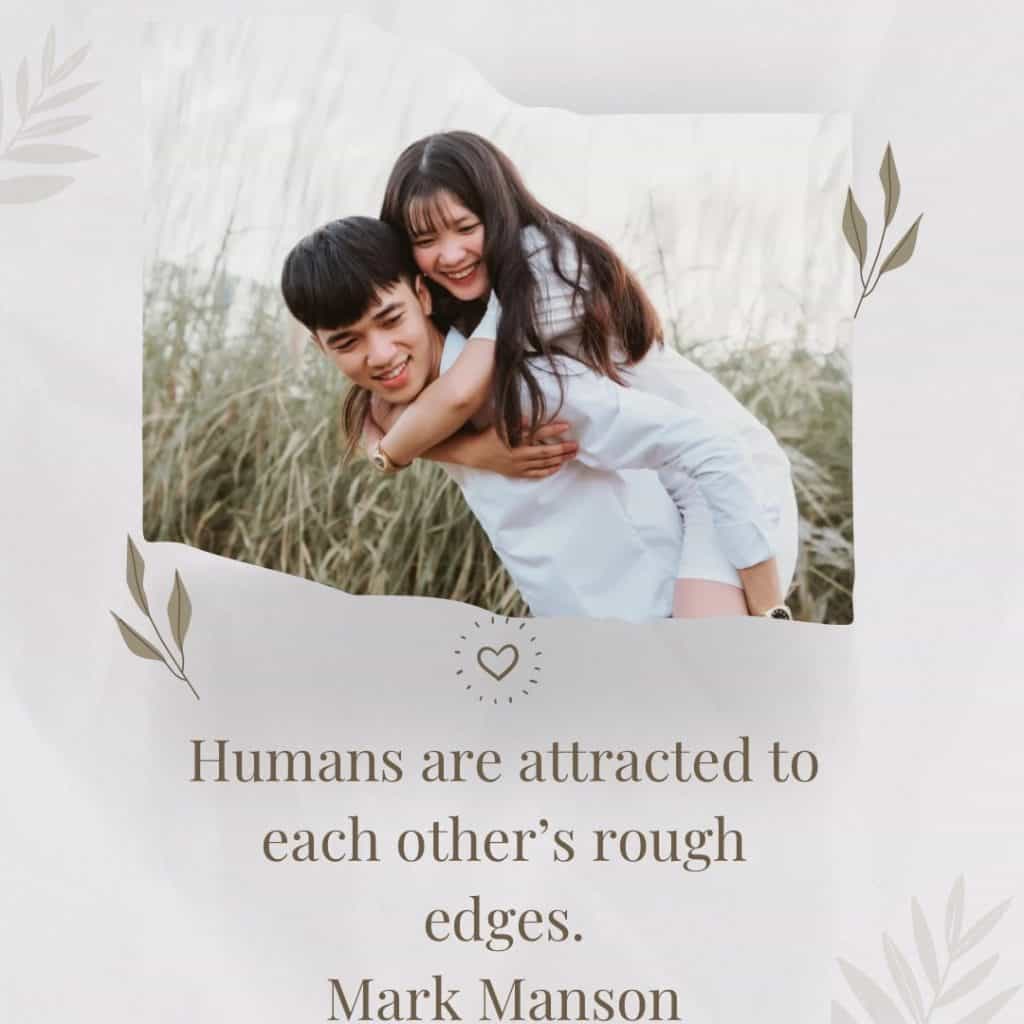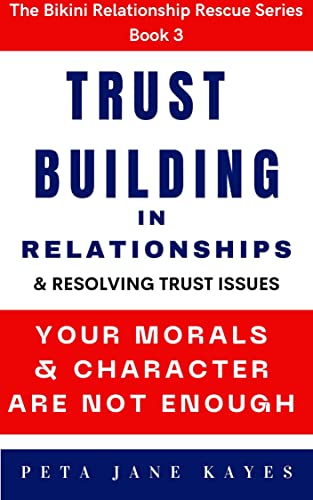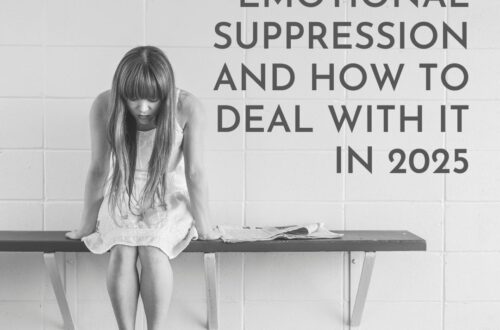
Understanding Men’s Behaviour in relationships in 2025: Key Insights
Understanding Men’s Behaviour in Relationships in 2024: Key Insights
Understanding male behaviour has been associated with such complexity and often women complain and look for relationship advice. The majority of the women also complain that men’s behaviour initially is different and when they get into a relationship is quite different. This has been the major cause of the increase in breakups and divorce rates. As an observer and understanding of male and female relationships and their dynamics, I have figured out certain male behaviour patterns but there can’t be a fixed approach for all.
Understanding Men’s Behaviour in Relationships | Types of Male Behaviour
In relationships, men exhibit a wide range of behaviors that can be categorized into various types based on their approach, communication style, and emotional expression. Here are some common types of behavior that men may display in relationships:
1. Assertive Behavior
Assertive men are confident in expressing their thoughts, feelings, and needs while also respecting those of their partner. They communicate openly and honestly, maintain boundaries, and strive for mutual understanding and compromise.
2. Passive Behavior
Passive men also tend to avoid conflict and confrontation, often agreeing to their partner’s decisions and prioritizing harmony in the relationship. They may struggle to assert themselves or express their own needs and opinions.
3. Aggressive Behavior
Aggressive men moreover display dominance and control in the relationship through intimidation, criticism, or anger. They may resort to manipulation to get their way and may struggle with empathy and emotional regulation.
4. Submissive Behavior
Submissive men however prioritize their partner’s needs and desires over their own, often accommodating their preferences and agreeing to their decisions. They may struggle with assertiveness and self-expression, leading to a tendency to avoid conflict.
5. Empathetic Behavior
Empathetic men also demonstrate understanding and compassion towards their partner’s emotions and experiences. They actively listen, provide emotional support, and strive to validate their partner’s feelings.
6. Independent Behavior:
Independent men moreover value their autonomy and personal space in the relationship. They maintain individual interests and pursuits, while also fostering a strong sense of partnership and mutual respect with their partner.
7. Controlling Behavior
Controlling men nevertheless seek to assert power and dominance in the relationship by dictating decisions, limiting their partner’s freedom, and exhibiting possessive behavior. They may struggle with trust issues and insecurity.
8. Supportive Behavior
Supportive men are also reliable and encouraging partners who offer assistance, encouragement, and affirmation to their significant other. They prioritize their partner’s well-being and success, fostering a nurturing and uplifting relationship dynamic.
9. Romantic Behavior
Also, Romantic men express affection, appreciation, and love towards their partner through gestures, words, and actions. They prioritize emotional connection and intimacy, striving to make their partner feel valued and cherished.
10. Distant Behavior
Distant men nevertheless may struggle with emotional intimacy and vulnerability in the relationship. They may withdraw or become emotionally unavailable, leading to feelings of disconnection and dissatisfaction with their partner.
It’s important to note that individuals also can exhibit a combination of these behaviors, and behavior may vary depending on context, personality, and relationship dynamics. Effective communication, mutual respect, and empathy moreover are key factors in fostering healthy and fulfilling relationships, regardless of the specific behaviors exhibited by men or their partners.
Types of Attachment Styles
A man’s behaviour and even a woman’s behaviour are also influenced by the kind of attachment styles he or she has depending on past experiences. Note that, a person’s attachment style changes as a person evolves or encounters some bad memories. In psychology, attachment theory describes how individuals form emotional bonds and relate to others in relationships. There are four main attachment styles:
1. Secure Attachment:
Individuals with a secure attachment style feel comfortable with intimacy and autonomy in relationships. They can express their needs and emotions openly, trust their partner, and maintain healthy boundaries. Securely attached individuals typically have positive self-esteem and are able to navigate conflicts constructively.
2. Anxious-Preoccupied Attachment:
People with an anxious-preoccupied attachment style often crave intimacy and fear abandonment in relationships. They may constantly seek reassurance from their partner, worry about rejection or betrayal, and become overly dependent on their partner for validation. Anxiously attached individuals may struggle with self-esteem and have difficulty regulating their emotions.
3. Dismissive-Avoidant Attachment:
Individuals with a dismissive-avoidant attachment style tend to prioritize independence and self-sufficiency in relationships. They may avoid emotional intimacy, suppress their own needs and emotions, and maintain distance from their partner to protect themselves from vulnerability. Dismissively attached individuals may have a fear of intimacy and struggle with expressing emotions or forming deep connections.
4. Fearful-Avoidant Attachment (Disorganized Attachment):
People with a fearful-avoidant attachment style also experience conflicting desires for closeness and independence in relationships. They may exhibit erratic behavior, oscillating between seeking intimacy and withdrawing from it due to fear of rejection or betrayal. Fearfully attached individuals may also have experienced trauma or inconsistent caregiving in childhood, leading to difficulties trusting others and forming secure attachments.
Attachment styles also can influence how individuals perceive and respond to relationship dynamics, including communication, intimacy, and conflict resolution. Recognizing one’s attachment style and that of their partner can help foster understanding, empathy, and stronger emotional connections in relationships.
Understanding Men’s Behaviour in Relationships: Points to Remember
- Many men tend to communicate directly, stating their thoughts and feelings explicitly. Whereas Some men may express themselves indirectly, relying on nonverbal cues or subtle hints.
- Men often listen with a focus on finding solutions to issues raised by their partners. Instead, encouraging men to practice empathetic listening can foster deeper emotional connection and understanding.
- Societal norms often portray that men should suppress emotions such as vulnerability or sadness. But encourage them to open dialogue about emotions so it can help challenge traditional gender roles.
- Also, Encouraging men to explore and understand their own emotions is essential for building strong relationships.
- Some men may also prefer to avoid conflict to maintain harmony in the relationship. While, Others may confront issues head-on, seeking resolution through direct communication.
- Helping men develop healthy strategies for managing anger and frustration also can prevent conflict escalation. Also, Encouraging respectful communication during conflicts promotes understanding and compromise.
Understanding Men’s Behaviour in Relationships in 2024 | Conclusion
By recognizing the diverse ways in which men express themselves and navigate interpersonal dynamics, individuals also can cultivate healthier and more fulfilling relationships. Also, embracing emotional authenticity, promoting effective communication, and fostering mutual respect are key ingredients for building lasting connections based on understanding and empathy. Through continuous effort and willingness to grow together, couples can embark on a journey of shared understanding and profound emotional connection.
Check out the books from the author Petra Jane Kayes which discuss details about relationship and trust issues!
If you are finding ways to build a lasting connection and strong relationships, check out my article on How to Build a Lasting Connection in Love.
If you like my article, moreover do share it with your friends and someone who requires to read this article. Click on the notification and don’t forget to follow my website Perfect Quotes for You for more such articles. Also don’t forget to share it on social media platforms by clicking on the social media icons below. Feel free to Drop a comment or ask any questions.
Good news for all my beloved readers! My name is Vinay and I have started life coaching to guide you in your life journey. I help you find out the answers to the questions you always wanted to know and acknowledge. Feel free to drop a WhatsApp text, give a call, or simply send a message in the chat box of my blog.














